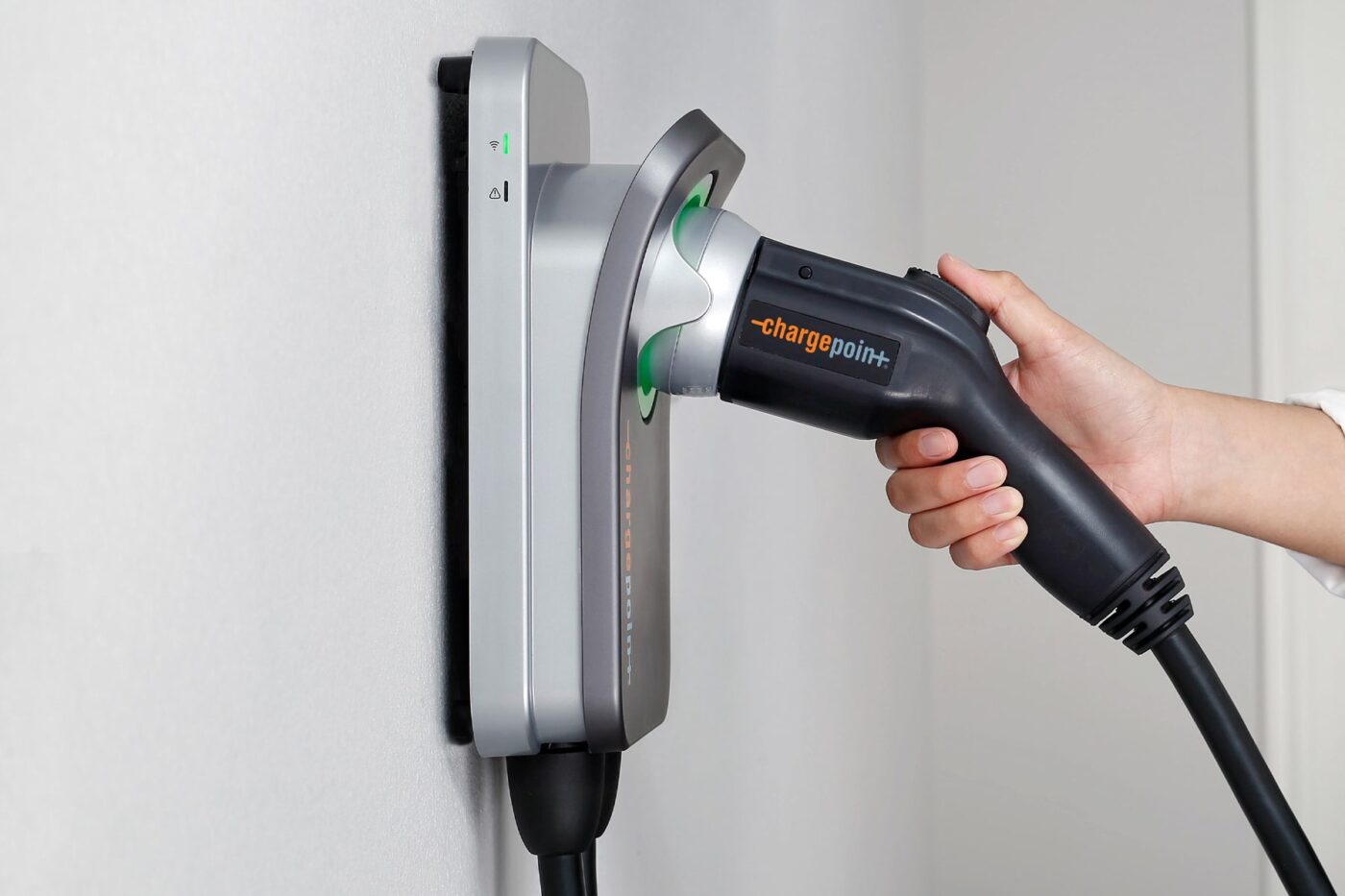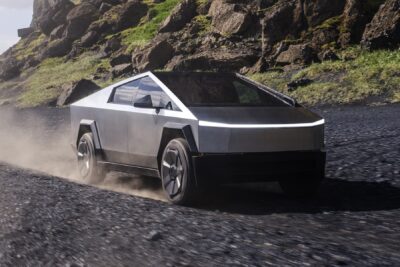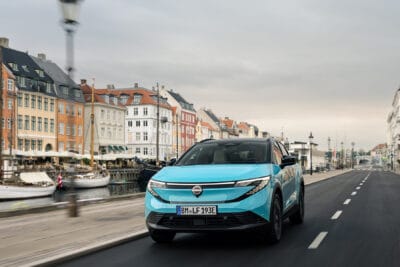Connecticut makes a U-Turn on EV regulations
The reason is the lack of support for the deadline, especially as the US Environmental Protection Agency (EPA) recently also published relaxed final emissions targets for new cars from model years 2027 to 2032. “For people that were sceptical that we could meet the harder standard, and then you have the president and the White House saying they cannot meet the lower standard, you can imagine how that caucus would have gone,” House Speaker Matt Ritter, D-Hartford told CTinsider. “It’s like saying, ‘If we can’t hit the 40 mph fastball, how’re we going to hit the 80 mph fastball?'”
The California Air Resources Board (CARB) adopted California’s Advanced Clean Cars I regulation in 2021, which was also adopted by other states in the US, such as Virginia and Washington. In 2022, the CARB adopted the Advanced Clean Cars II, which imposes much stricter rules and takes effect in January 2025. It essentially banned the sale of new cars with combustion engines starting in 2035.
In March, the EPA published federal requirements for fleet emission targets. And while they were never going to be as strict as the ones approved by the CARB, they were weakened compared to earlier plans. Specifically, a draft published by the EPA in April 2023 stated that car manufacturers’ emissions from new cars would have to fall by 56 per cent overall by 2032 (compared to 2026) – the final version said it had to be 49 per cent.
The move to withdraw from the California EV mandate, approved by Connecticut’s leadership, comes just weeks after Virginia also decided to no longer follow California’s EV mandate. However, the arguments at the time sounded a little different. No one should mandate what kind of cars Virginia residents can drive, especially not “unelected” leaders nearly 3,000 miles away from the Commonwealth,” Virginia Governor Glenn Youngkin explained. The “unelected” leaders” the Republican politician referred to are the members of the CARB.





2 Comments